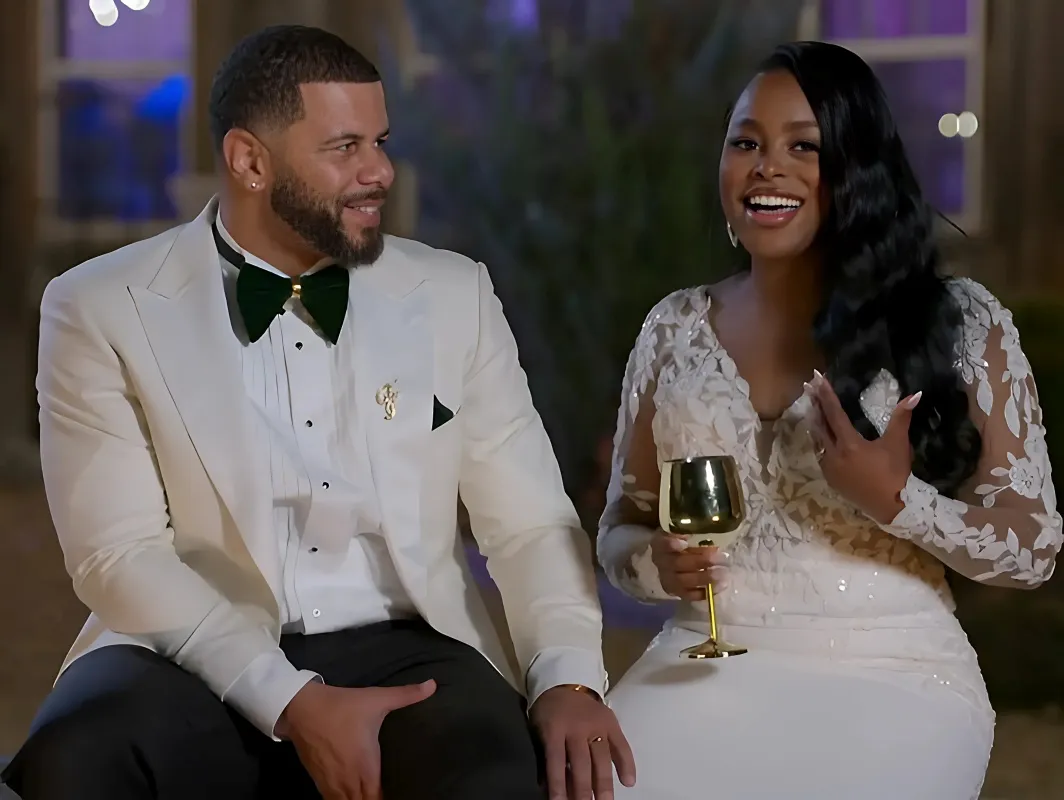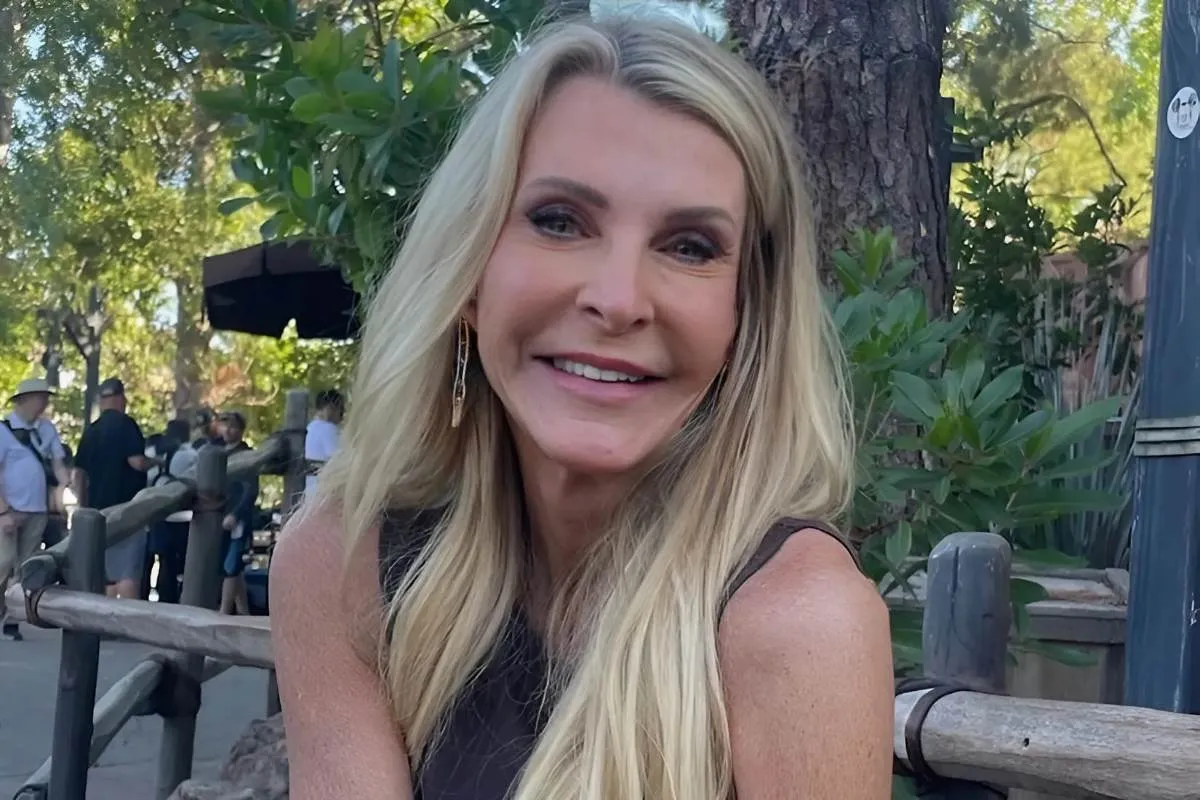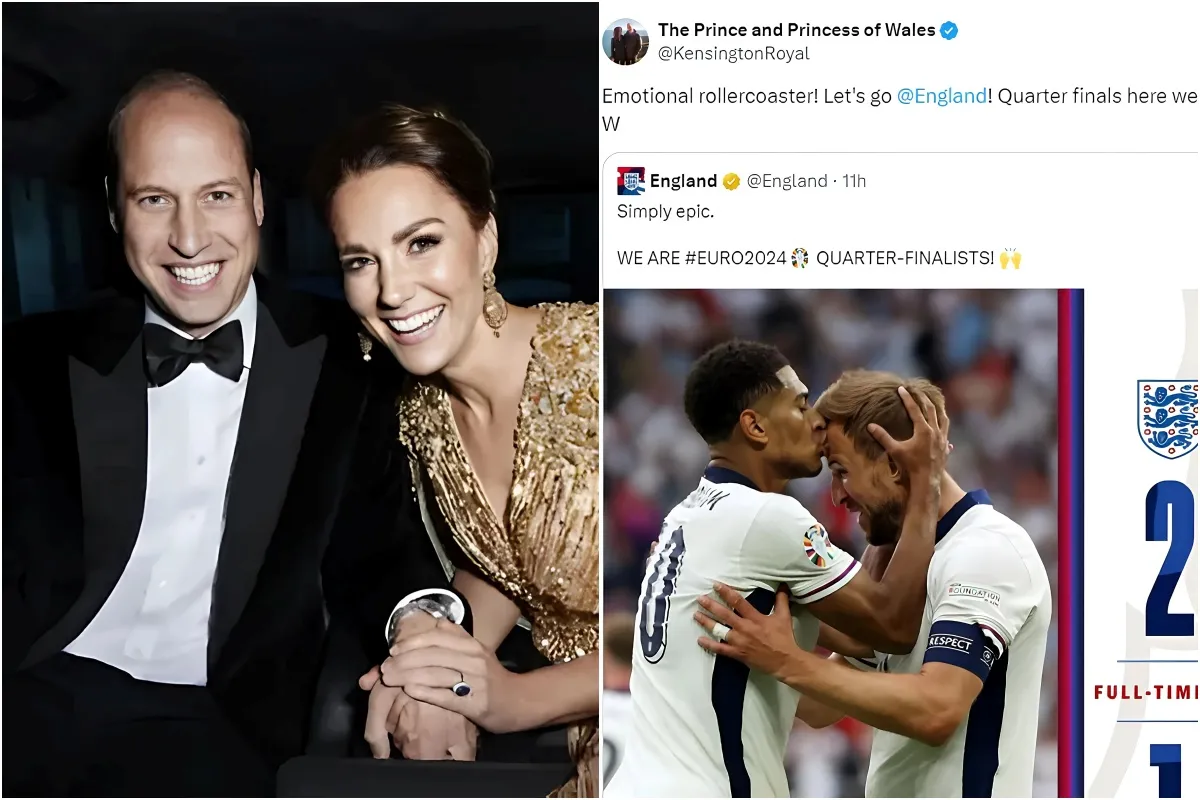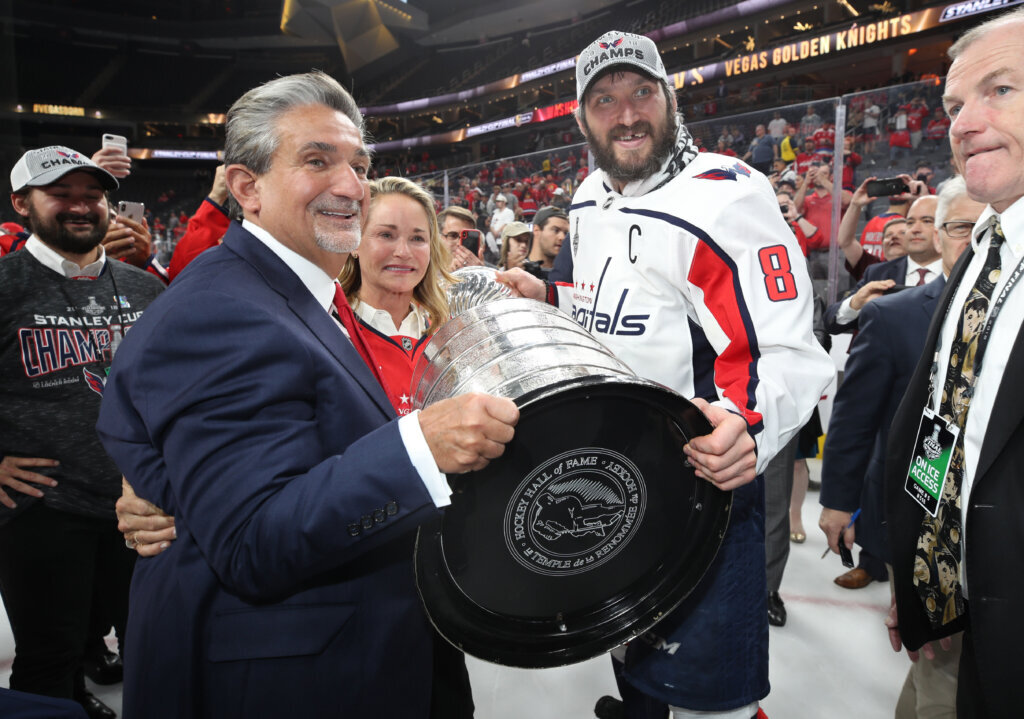
While the pinnacle of Ted Leonsis’ tenure as a sports owner can be easily identified, it might come as a surprise that the night the Capitals won the Stanley Cup also serves as one of his big regrets.
“When we won in 2018, I did not get the adrenaline high of great joy,” Leonsis recently told WTOP. “It was more relief.”
Leonsis was relieved for a fan base that had so badly craved a Stanley Cup triumph. He was relieved for Dick Patrick, who spent 35 years as a Caps executive before finally becoming the sixth member of his family to win the Cup. And there was relief, too, for the face of the franchise: Alex Ovechkin.
“I lived in fear that Alex would be the greatest player to never win the Stanley Cup,” Leonsis said. “So, I had all this angst and drive to deliver and when we won the Cup, and even when I was on the ice and I was holding the Cup, it more a sense of ‘Phew! We did it.’ I wish I could have turned up the joy factor more.”
Years removed from that June evening in Las Vegas, Leonsis now said he better appreciates what a championship does for a fan base and a city. It fuels him to win again.
“I promise that we’ll do everything we can to win another Cup,” he said. “I’m going to have the greatest time, this next time.”
25th anniversary of Caps purchase
The competitive fire still burns for Leonsis as much as it did when he first ventured into professional sports a quarter-century ago. Sunday marked 25 years since the Capitals’ original owner and founder, Abe Pollin, formally introduced Leonsis as his successor.
At the time, Leonsis was a 42-year-old internet pioneer, having made much of his wealth as an executive at America Online. He bought the Capitals for $85 million. Today, Forbes Magazine estimates the club’s worth at $1.6 billion.
“There’s the romantic side of the narrative, which is, yes, I was local and I was a season-ticket holder and I was enthusiastic and a family man,” Leonsis said. “But I also had the wherewithal to buy the team in cash and to continue to invest in the team.”
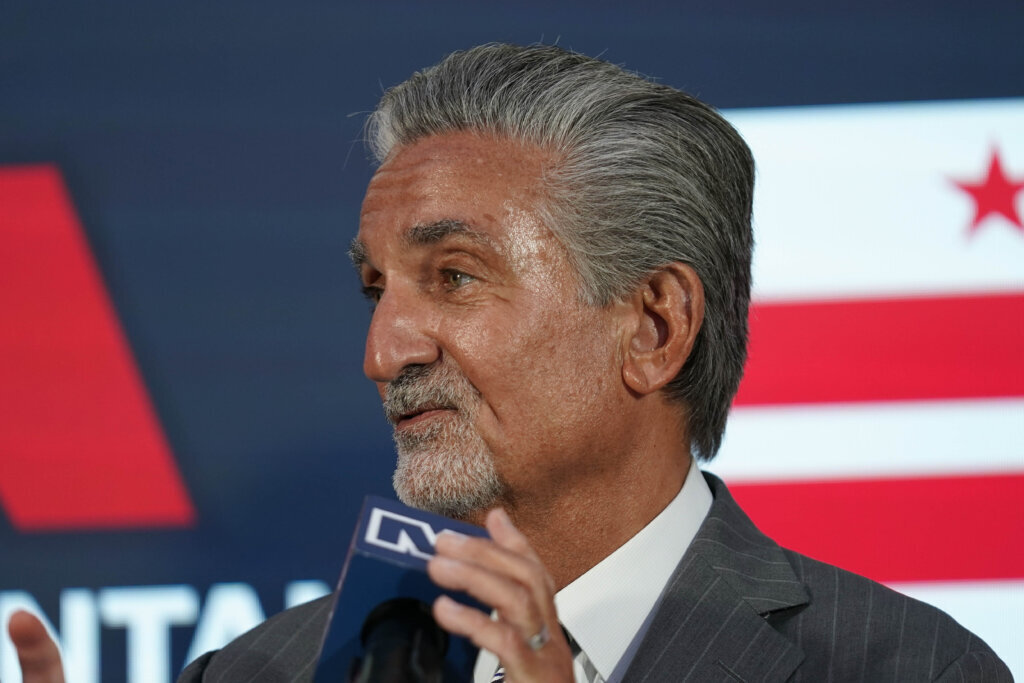
Leonsis said the 25th anniversary of his buying the Capitals is special because it coincides with the team’s upcoming 50th season. The dual milestones provided Leonsis with an opportunity to reflect on his time as an owner, which he concedes didn’t begin as smoothly as he had originally envisioned.
“I was naive in thinking that I could remain just a fan. When you’re a fan, you have all the answers. Then the moment you get to own the team, you realize how hard it is to effect change and improve the quality of play and competitiveness,” he said. “And so, it was very humbling.”
Leonsis recalls the Capitals having a season-ticket base of 2,900 when he took over. In his first five seasons as the team’s owner, the Capitals missed the playoffs twice and lost in the first-round the other three times. Along the way, he spoke with fans to see what could be improved.
“I was given an earful,” he said.
Learning to appreciate the long game
During those early years, when Leonsis heard rumblings that the Capitals should be contracted, he was tempted to fix everything as quickly as possible both on-and-off the ice. Among the early lessons he received as a new sports owner, though, was to stay patient.
Rather than looking for quick fixes via high-priced talent from outside the organization — as the Capitals did in acquiring and signing Jaromir Jagr in 2001 — Leonsis learned to appreciate the long game.
“I get disappointed [over losses], but not bitterly disappointed” like in the past, he said. “That allows you to make more rational decisions rather than emotional decisions.”
Leonsis said he’ll never be fully comfortable in his own skin as an owner: “The moment you’re comfortable, you’ll mess it up,” he said. Still, he can point to certain benchmarks during his time where things turned for the better.
Winning the NHL’s Draft Lottery in 2004 and selecting Alex Ovechkin with the No. 1 pick was a game changer, but having Ovechkin embrace the team and commit long-term had the greatest impact.
“The act of loyalty was incredibly important for the franchise and our ownership group,” Leonsis said.
“We established a very straightforward relationship [with Ovechkin] built on trust. And for this generationally great player to sign with us and spend his entire career with us and win MVPs and goal-scoring championships, it’s really been a once-in-a-lifetime experience. We’re going to look back at this era and say, ‘Wow, that was really special.’”
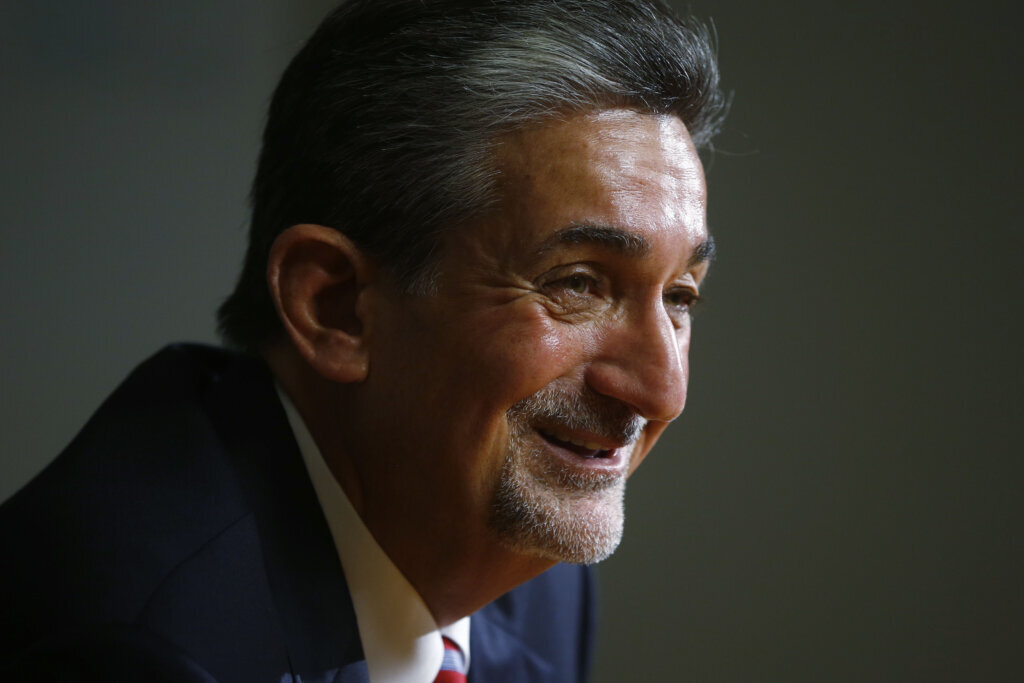
That much became clear to Leonsis as he recently watched a ‘Capitals Classic’ on the sports channel he also now owns — Monumental Sports Network. The featured game from February 2010, included the Capitals and rival Pittsburgh Penguins.
Both teams were loaded with stars, and the Capitals entered the Super Bowl Sunday matinee with the NHL’s best record and in search of a 14th straight win. They were the toast of the NHL.
“It was a thing of beauty,” Leonsis said of a moment he realizes in retrospect captured the growth of the franchise. “Everyone was wearing red; it was riveting, and I was really proud. It was such a moment of arrival. It was on national TV and the amount of respect the announcers were paying to our fans and to the Capitals and the rivalry, it was a wonderful moment.”
It was also the early stages of a sellout streak that spanned 588 consecutive home games from 2009 through 2023. And as the hockey team soared to new heights, Leonsis built a sports empire.
In 2010, he bought the remaining interest in the NBA’s Wizards and the then-Verizon Center from the Pollin family and formed Monumental Sports & Entertainment — the parent company for all his sports holdings.
“We did orchestrate that we would have a path to control the building and the basketball team and that strategy has paid off,” he said. “And we’ve added to it by buying our [television] network. And so, we’ve been — in that 25-year period — very, very aggressive.”
Looking toward the future
Leonsis has also gone from being one of the youngest owners in the four major sports leagues to being one of the most senior and influential. Today, he is also a member of the NHL’s executive committee and Chairman of the Media Committee for both the NBA and NHL.
“I’d say we’ve gone from being outsiders to now being a part of the leadership,” he said. “We’re leaders in many of the important next generation initiatives.”
While Leonsis admits his jubilation was muted the night the Capitals earned their elusive Stanley Cup title, he was able to enjoy the scenes and celebrations that played out in D.C. in the days that followed. The reaction of the fan base resonated.
“The fans, we’ve grown up with them,” Leonsis said, noting the Capitals rank among the NHL’s top-10 revenue earners. “We’ve captured a generation and we built a next generation because of our investment. Now we’re an established team and established market. And I’m hoping to double down. Over the next 25 years, I don’t see why D.C. can’t become the best North American market.”
As Leonsis looks toward the future — with an infusion of $515M coming from The District to modernize Capital One Arena — there’s an eagerness to see what’s in store, given how much has already changed since he first bought the Capitals a quarter-century ago.
“Half the team’s life has been under our leadership,” he said. “I’ll leave it to you to come up with the stats and analytics, but I think we’ve had a pretty good run for the first 25 years.”.
